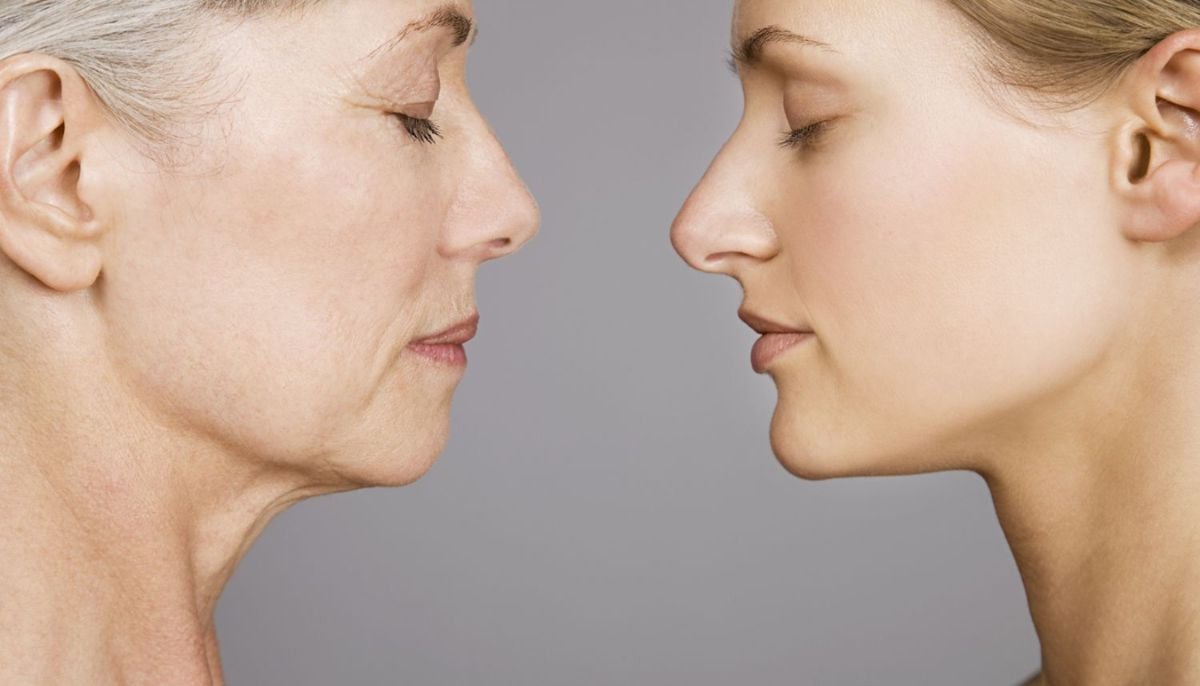How would banning laughing gas harm users?
Some experts say that the ban risks creating "fear of a criminal record" among young users
Ever since the ban on nitrous oxide, or "laughing gas" as it is more generally known has been proposed for the UK, health professionals have raised concerns that this could stop users from seeking medical help in hospitals.
In a letter to the government, 15 neurologists and other health professionals argue that drug possession should not be treated as a crime and that, despite an increase in the number of hospital patients experiencing the effects of 'laughing gas', a ban could make users more socially stigmatised, the BBC reported.
The government, in response, stated that it will nonetheless enforce the restriction.
Nitrous oxide, a colourless gas commonly used by 16 to 24-year-olds, can cause nerve-related symptoms like being unable to walk, falling over, tingling, and loss of sensation in feet and hands.
Some users also experience bladder or bowel problems, erectile dysfunction, or incontinence.
The UK government has proposed an amendment to the law, which could come into force before the end of the year, making it illegal to possess nitrous oxide for recreational use, but not its supply.
In the letter to the Minister for Policing Chris Philp, 15 medical professionals have argued that making possession of nitrous oxide illegal is unlikely to lead to health benefits for patients, despite an increase in nitrous oxide patients reported by leading medics.
The author of the letter, Dr Alastair Noyce, Professor of Neurology and Neuroepidemiology, said that the ban risked creating "fear of a criminal record" among young users.
"People may delay coming to hospital at a time when their symptoms are treatable," he said. "The net effect of that may be that they develop long-term harm damages."
He said that there was "very little evidence that the criminalisation will lead to reductions in neurological harm and will impact people's opportunities who are not in education and employment".
Additionally, the letter urged the government to fund a national education campaign in schools and through the media "to ensure the public understand the risks posed by nitrous oxide misuse".
According to the proposals the government is considering a ban on laughing gas, which could result in up to two years in prison or an unlimited fine.
Experts argue that a blanket ban is disproportionate and would likely cause more harm than good, and consultations with experts and the public are underway to develop the plan.
However, Mohammad Ashfaq, who runs Kick It, a grassroots organisation in Birmingham, says that the proposed ban would help stop misuse of the drug.
"At the moment, it is very difficult for the police to completely eradicate," he said. "Communities are getting frustrated. The law will make a difference. It would be a lot clearer."
Meanwhile, Katherine Bramwell, from South Wirral, said she didn't know anything about nitrous oxide until her son got addicted. She says he found it hard to get off the substance due to the psychological dependence.
"When you're the one going to pick your son off from somewhere and finding him just basically lay there — can't walk, can't speak. You know, you're waiting for a call to tell you that your son is dead."
On the contrary, the government has stated that it would proceed with the nitrous oxide ban and that it had set out a "clear strategy" in its anti-social behaviour action plan "for the police to deal with the misuse of this substance".
-
Lewis Capaldi details 'impact of Tourette' on his career
-
Christina Applegate struggles to leave bed amid multiple sclerosis battle
-
Demi Lovato bravely admits she is ‘not ashamed’ of having bipolar disorder
-
Can humans reverse aging? Harvard scientist predict revolutionary breakthrough
-
How Liam Payne’s death impacted awareness about mental health
-
Taylor Swift expresses how negative body comments triggered her
-
Lady Gaga details how eating disorder affected her career: 'I had to stop'
-
Celebrities who struggle with infertility












